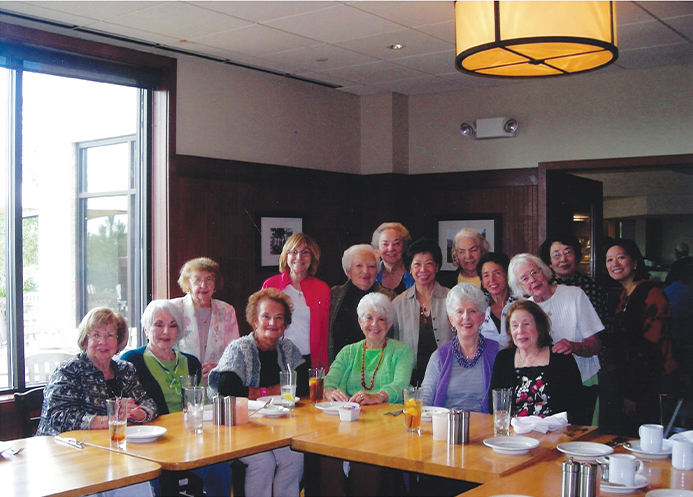Aging is a natural process of life—and while we may not be able to control the fact that we age, we can definitely control how we do so. To discover the best ways to stay healthy as we age, we asked doctors and research professionals who study aging to share their secrets.
1. Stay Engaged in the Activities You Love
Who ever insisted that as we age we must give up once beloved enjoyments?
Linda Waite, the Lucy Flower Professor in Urban Sociology at the University of Chicago and principle investigator in the National Social Life, Health and Aging Project (NSHAP), suggests that as we age, we maintain involvement in activities that are important to us in order to enforce both mental and physical upkeep, as well as an improved quality of life.
2. Connect Regularly With Friends and Family
While there’s not been a study about the effects of social media on aging, any component of connectivity is beneficial to the aging process.
According to Dr. Aida Giachello, research professor at the University of Illinois at Chicago, being a part of a social network has proven to reduce stress and increase the ability to enjoy life. Such connectivity can include spending time with children and grandchildren, or simply having lunch with an old friend—any activity that initiates communication with others.
Not only does social contact make us feel good, it helps to combat loneliness and depression, which in older adults can lead to increased physical limitations.
3. Give Back
Many retirees are eager to use their newfound free time as an opportunity to volunteer. When it comes to aging well, turns out these folks have the right idea!
“The most gratification that a person could get is helping others [who] are more vulnerable,” Giachello says. “Any kind of activity in which you can talk to someone and smile is ultimately beneficial for your health.”
Within their latest book, “The Longevity Project: Surprising Discoveries for Health and Long Life from the Landmark Eight-Decade Study,” authors and professors of
psychology Howard Friedman and Leslie Martin identify involvement with other individuals in worthwhile activities, such as helping others, as a core element in the healthy aging process.

4. Develop a Regular Exercise Routine
It’s no surprise that exercise is essential for staying healthy throughout the aging process. The Center for Disease Control and Prevention recommends that healthy adults 65 and older perform 150 minutes of moderate intensity aerobic activity per week, paired with muscle strengthening activity two times a week.
Waite clarifies that regular exercise does not necessarily need to be performed in a gym.
“A lot of things that people like to do involve physical activity,” she says. “If you like to cook, you’re walking here, you’re chopping there, and that counts. It doesn’t have to be strenuous activity, you just want to avoid sitting for hours.”
5. Don’t Whittle Away the Hours…But Do Take Naps!
Friedman identifies a few common pastimes that are typically not helpful to the aging process. Such activities include sitting on the beach, watching television and doing
crossword puzzles—anything that includes sitting idly for long periods of time.
On the other hand, napping gets a thumbs up. Giachello says that napping is a simple way to increase both energy and alertness. As we age, nutrients fail to absorb as easily within the body, which can lessen energy. Naps, paired with vitamin supplements, can help keep our bodies healthy and regulated.
While there are many choices we can make in order to age healthily and increase longevity, Martin points out that there is no specific recipe. The best advice? Get out there and tackle life in a way that’s meaningful to you.

